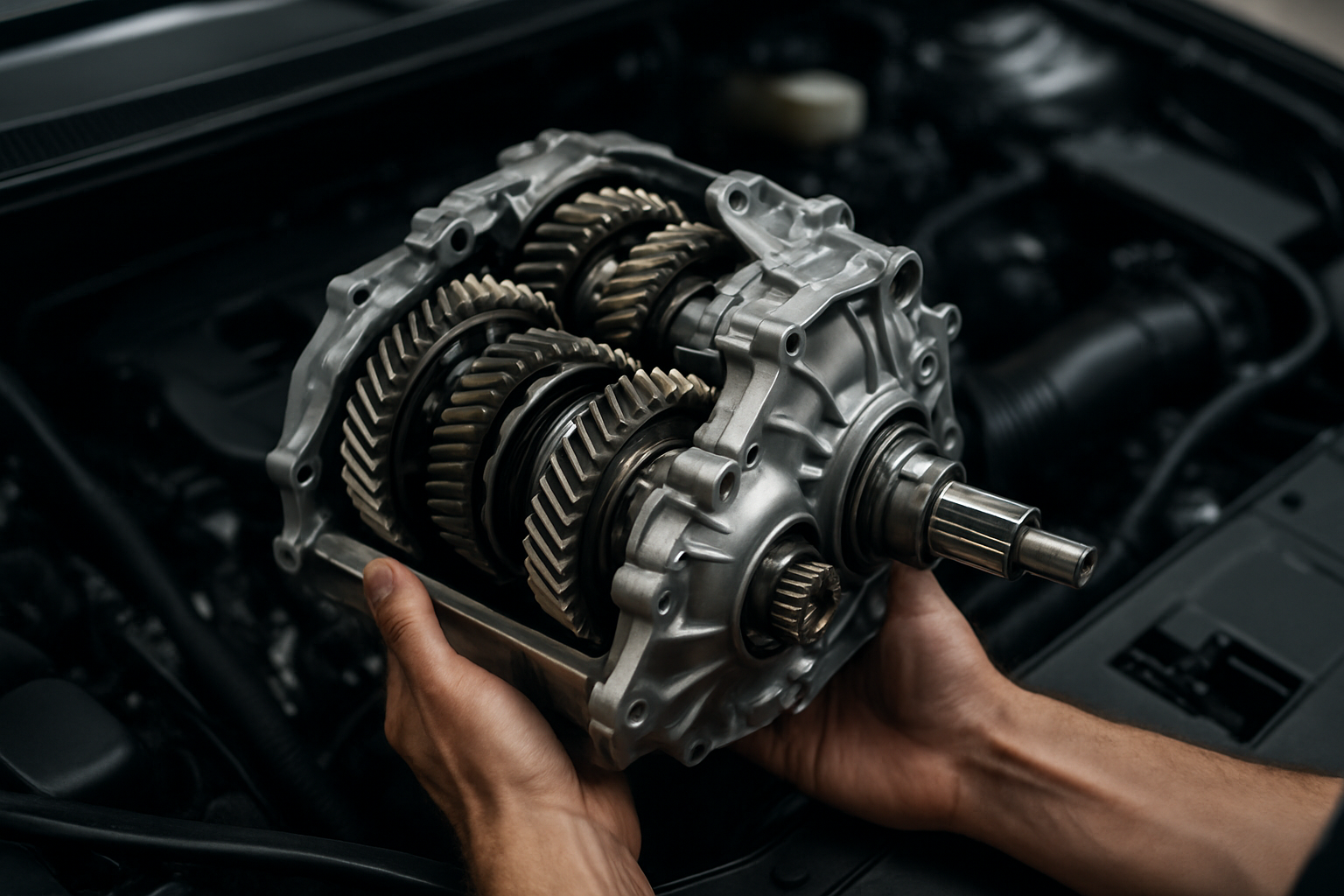Buying Insights for Remanufactured Engines
Remanufactured engines may offer a way to extend vehicle life while addressing performance needs. Considering factors like engine condition, compatibility, and warranty coverage can support better decisions when aligning your purchase with long-term driving and repair goals.

What are the key differences between used and remanufactured engines?
Remanufactured engines differ significantly from used engines in several ways. While used engines are simply removed from one vehicle and installed in another, remanufactured engines undergo a comprehensive restoration process. This process involves disassembling the engine, thoroughly cleaning all components, replacing worn parts, and reassembling the engine to meet or exceed original equipment manufacturer (OEM) specifications.
The key differences include:
-
Quality: Remanufactured engines are restored to like-new condition, often with upgraded components, while used engines may have unknown wear and potential issues.
-
Performance: Remanufactured engines are designed to perform as well as, or better than, the original engine, whereas used engines may have diminished performance due to age and wear.
-
Warranty: Remanufactured engines typically come with a warranty, providing peace of mind for buyers. Used engines, on the other hand, often have limited or no warranty coverage.
-
Consistency: The remanufacturing process ensures a consistent level of quality across engines, while the condition of used engines can vary greatly.
How do remanufactured engines impact environmental sustainability?
Choosing a remanufactured engine can have a positive environmental impact compared to purchasing a new engine or scrapping an entire vehicle. The environmental benefits of remanufactured engines include:
-
Resource conservation: Remanufacturing engines requires significantly less raw material and energy compared to producing new engines, helping to conserve natural resources.
-
Waste reduction: By reusing and restoring existing engine components, remanufacturing reduces the amount of automotive waste sent to landfills.
-
Lower emissions: The production process for remanufactured engines typically generates fewer greenhouse gas emissions compared to manufacturing new engines.
-
Extended vehicle life: By providing a cost-effective engine replacement option, remanufactured engines can help extend the life of vehicles, reducing the need for new car production and its associated environmental impact.
How do performance and reliability compare in remanufactured engines?
Performance and reliability are crucial factors when considering a remanufactured engine. In many cases, remanufactured engines can offer performance and reliability that match or even exceed that of the original engine:
-
Updated components: During the remanufacturing process, worn parts are replaced with new or refurbished components, often incorporating the latest technological improvements.
-
Rigorous testing: Remanufactured engines undergo extensive testing to ensure they meet or exceed OEM specifications, helping to guarantee reliable performance.
-
Consistent quality: The standardized remanufacturing process results in engines with more consistent quality compared to used engines, which can have widely varying conditions.
-
Improved longevity: With proper maintenance, remanufactured engines can often last as long as a new engine, providing reliable performance for years to come.
What factors should be considered when buying a remanufactured engine?
When purchasing a remanufactured engine, several key factors should be taken into account:
-
Compatibility: Ensure the remanufactured engine is compatible with your vehicle’s make, model, and year.
-
Warranty coverage: Look for engines that come with comprehensive warranty protection, ideally covering both parts and labor.
-
Remanufacturer reputation: Research the reputation of the company that remanufactured the engine, looking for established firms with positive customer reviews.
-
Installation considerations: Determine whether you have the skills to install the engine yourself or if you’ll need to factor in professional installation costs.
-
Core charge: Be aware that many remanufactured engines come with a core charge, which is refunded when you return your old engine.
How do remanufactured engines compare in terms of cost?
Remanufactured engines often provide a cost-effective alternative to new engines while offering better reliability than used engines. Here’s a comparison of typical cost ranges for different engine options:
| Engine Type | Cost Range | Warranty |
|---|---|---|
| New OEM Engine | $4,000 - $7,000+ | 3-5 years |
| Remanufactured Engine | $2,500 - $5,000 | 1-3 years |
| Used Engine | $500 - $3,000 | 30-90 days (if any) |
Prices, rates, or cost estimates mentioned in this article are based on the latest available information but may change over time. Independent research is advised before making financial decisions.
It’s important to note that while remanufactured engines may have a higher upfront cost compared to used engines, they often provide better long-term value due to their improved reliability and warranty coverage.
What are the potential drawbacks of choosing a remanufactured engine?
While remanufactured engines offer many benefits, there are some potential drawbacks to consider:
-
Initial cost: Remanufactured engines are typically more expensive than used engines, which may be a concern for those on a tight budget.
-
Installation complexity: Installing a remanufactured engine can be more complex than a direct replacement with a used engine, potentially increasing labor costs.
-
Core charge: The core charge associated with many remanufactured engines can add to the initial purchase price, though it is refundable.
-
Availability: Depending on your vehicle’s make and model, finding a remanufactured engine may be more challenging than locating a used engine.
In conclusion, remanufactured engines offer a compelling option for vehicle owners looking to extend the life of their cars while addressing performance and reliability concerns. By carefully considering factors such as compatibility, warranty coverage, and overall costs, you can make an informed decision that aligns with your long-term driving and repair goals. While remanufactured engines may require a higher initial investment compared to used engines, their improved quality, performance, and environmental benefits often make them a worthwhile choice for many vehicle owners.




